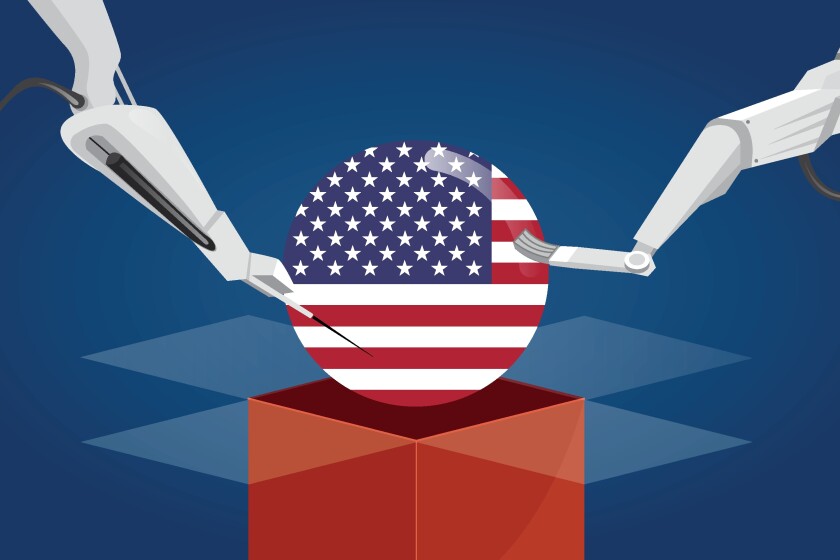Four senators from both parties, headed by US Senate Majority Leader Chuck Schumer, are advising Congress to invest at least $32 billion over the next three years in the development of artificial intelligence (AI) and the creation of security measures around it.
The blueprint represents yet another attempt by the US government to control and advance artificial intelligence development. Six days ago, US lawmakers announced a bipartisan plan to support President Joe Biden’s administration by enforcing export restrictions on the best AI models developed domestically.
The bipartisan working group concluded, following months of meetings with industry experts and AI detractors, that AI investments are crucial to maintaining American competitiveness with its foreign competitors and enhancing the quality of life for Americans by enabling technology that may be able to treat certain cancers and chronic diseases.
Although it is not a formal bill or policy proposal, the roadmap lays the groundwork for future artificial intelligence legislation by offering a peek at the size and extent of what legislators and other pertinent parties see.
Enforcing “existing laws for AI,” the senators’ proposal also includes filling in any gaps or unintentional harmful bias, giving standards for testing to comprehend possible AI risks top priority, and creating use case-specific requirements for AI transparency and explainability.
In addition, the group suggested new standards for openness as AI technologies are released and research into how AI can affect employment and the American workforce.
Related: OpenAI Unveils ChatGPT’s Human-like Upgrade: GPT-4o Model
The AI Working Group is not the first to try to control the quick advancement of general artificial intelligence development and adoption as well as generative AI (genAI). To develop safety standards for artificial intelligence systems, the National Institute of Standards and Technology established the AI Safety Institute Consortium in February, bringing together more than 200 businesses.
Experts say the United States is falling behind a number of other nations, chief among them the European Union, which has led the way in regulating artificial intelligence. Pressure to catch up was applied to the United Nations in March when the EU passed a comprehensive new regulation controlling artificial intelligence across all 27 member nations.
The legislation established protections for general-purpose artificial intelligence, restricted the use of biometric identification systems by law enforcement, outlawed online social scoring, AI manipulation, or user vulnerability exploitation, and allowed users to file complaints and receive “meaningful explanations” from artificial intelligence providers.


